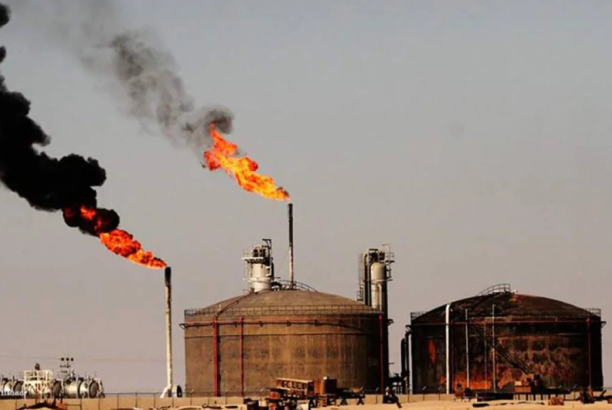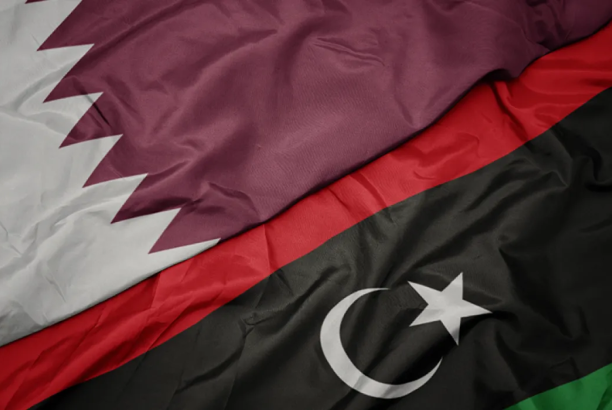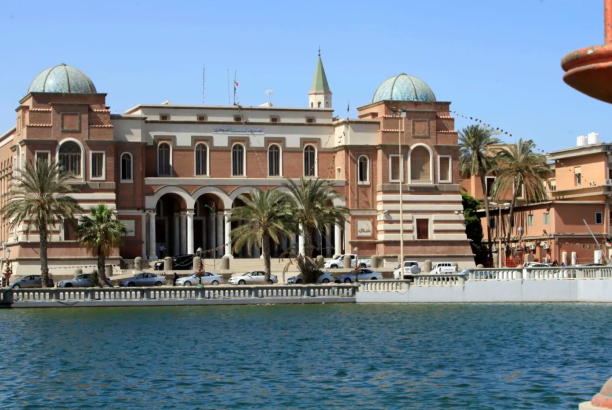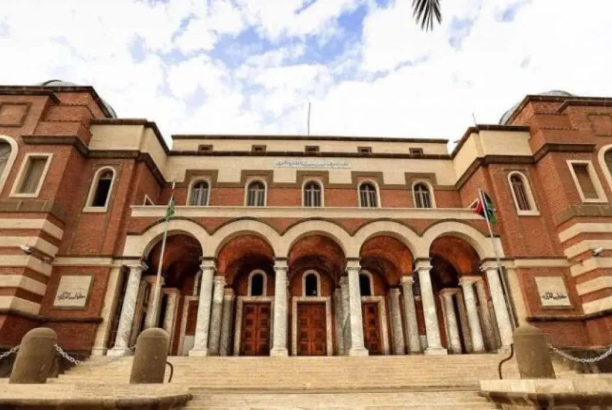
| News
The expert in oil and investment economics to our source: “The need to re-conceptualize fuel subsidies must be considered”
The expert in the economics of oil and investment, Mohamed Al-Taher Youssef, said in a statement to our source that: “Smuggling is a craft that some people practice between countries when there are differences in the prices of goods. It is a profession from ancient times, and in the past, it was done for all subsidized products. But in the presence of an existing effective authority that was strict in dealing with smugglers, those who make it easier for them at the borders to pass and try to bribe, fall into the hands of the authority and get imprisoned. Therefore this was actually smuggling because it is outside the channels of the state, without its knowledge and in very hidden ways, but today what we see in Libya is no longer smuggling. It is practiced in daylight and under the eyes of witnesses. Rather, it has become a trade practiced by those in authority, their acquaintances, or their agents.
He also added: “Today smuggling is visible in the fuel sector, as the price of a liter of gasoline and diesel does not exceed 150 dirhams, approximately ten cents at the official dollar price before it was modified to not exceed 4 cents, while the price in Europe is 1.8 dollars per liter and in neighboring countries, it is not less than one dollar per liter. Such conditions opened the appetite of the influential class, in the absence of a strict authority. Smuggling as a remunerative craft can reap huge sums of money at the expense of poor people who do not find fuel in the stations and find it at other prices on the side of the road.”
He also noted: “The situation is no longer like that what we see today of truck convoys on the roads on their way to unload their cargo in neighboring countries or on close land or beach. It is not smuggling in the well-known economic sense of smuggling, but rather a systematic theft of the nation’s resources for the benefit of an immoral group, without any deterrent or firmness from the existing regulatory bodies, and accordingly. In the absence of a sincere, strict and honest authority over the livelihood of Libyans, it will only increase corruption at all levels.”
He added: “In my view, to address this issue, one must think about the need to re-conceptualize the fuel subsidy at the station, and to develop an appropriate formula to help the persons with low incomes, whenever the prices level is maintained to a level no less than the prices of neighboring countries, arranging strict control at the land borders for any transgressions of any kind, and referring the violator to justice and holding him accountable. In my opinion, the existing waste in fuel prices as a result of smuggling abroad has resulted in clear harm. The first is in the state treasury, especially since the products are imported from abroad, not to mention the production from local refineries, that are supplied at international market prices, and sold in the local market at prices, that are almost nothing for what was wasted.”
He concluded the conversation by saying: “In this regard, I suggest that a fund is established to transfer surpluses between the current price and the proposed price to be approved in line with the price level of neighboring countries. This fund is sponsored by, for example, the Economic and Social Development Fund, from which the low-income persons are disbursed according to an equation approved according to the usual monthly fuel consumption and the rest is invested in the road and transport network.”






